Best Emerging Market Stocks To Buy In 2025



Editorial Note: While we adhere to strict Editorial Integrity, this post may contain references to products from our partners. Here's an explanation for How We Make Money. None of the data and information on this webpage constitutes investment advice according to our Disclaimer.
Best emerging market stocks to buy in 2025:
- ICICI Bank (NYSE: IBN) - India, Banking Sector
- NetEase, Inc. (NASDAQ: NTES) - China, Technology/Entertainment Sector
- KE Holdings (NYSE: BEKE) - China, Real Estate Sector
- Shriram Finance - India, Financial Services Sector
- Monday.com Ltd. (NASDAQ: MNDY) - Israel, Software/Technology Sector.
Emerging markets have long been attractive for investors seeking higher returns compared to developed markets. With global economic shifts and the potential for substantial growth, 2025 is set to be a pivotal year for these markets. This article explores the best emerging market stocks to consider for 2025, providing insights and recommendations for both beginners and seasoned traders.
Top 5 emerging market stocks to invest in 2025
Based on the latest trends and insights, these 5 picks remain top emerging stocks to invest in for 2025:
ICICI Bank (NYSE: IBN)
Country: India
Sector: Banking
Why it’s a good pick: ICICI Bank has shown robust financial performance, with a 38% increase in operational profit and a 39.7% increase in after-tax profit for the latest quarter. This growth is driven by a 20.6% rise in domestic loans and a low non-performing loan ratio of 0.48%, indicating effective risk management. Additionally, their total deposits grew by 17.9%, underscoring strong customer trust and financial resilience.
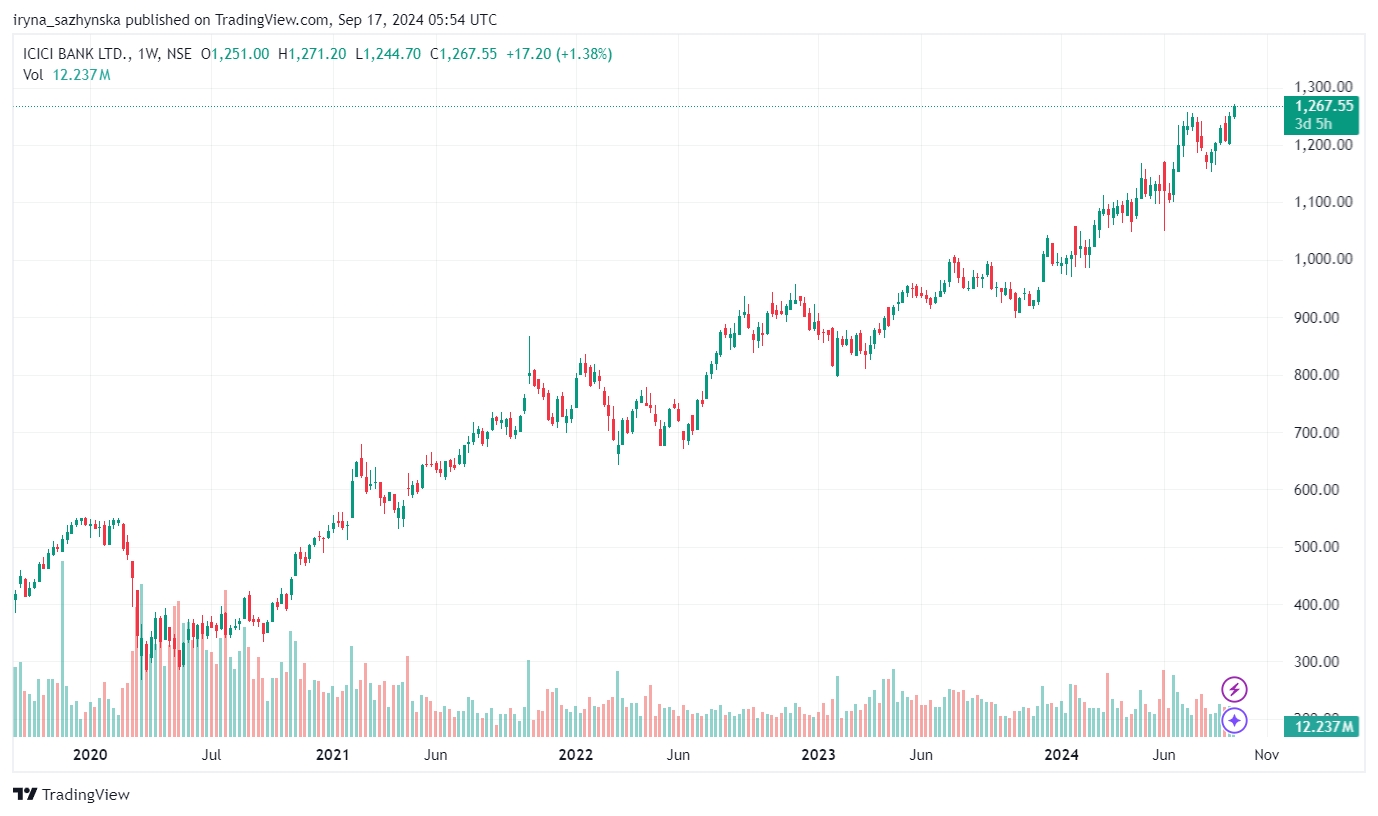
NetEase, Inc. (NASDAQ: NTES)
Country: China
Sector: Technology/Entertainment
Why it’s a good pick: NetEase is a major player in the digital entertainment industry, particularly in gaming and music. The company reported a 6.3% year-over-year revenue increase in Q1 2024, driven primarily by its gaming segment. Strategic partnerships, such as the one with RYCE Entertainment, are expected to further enhance its content offerings, making it a solid bet in the tech sector.
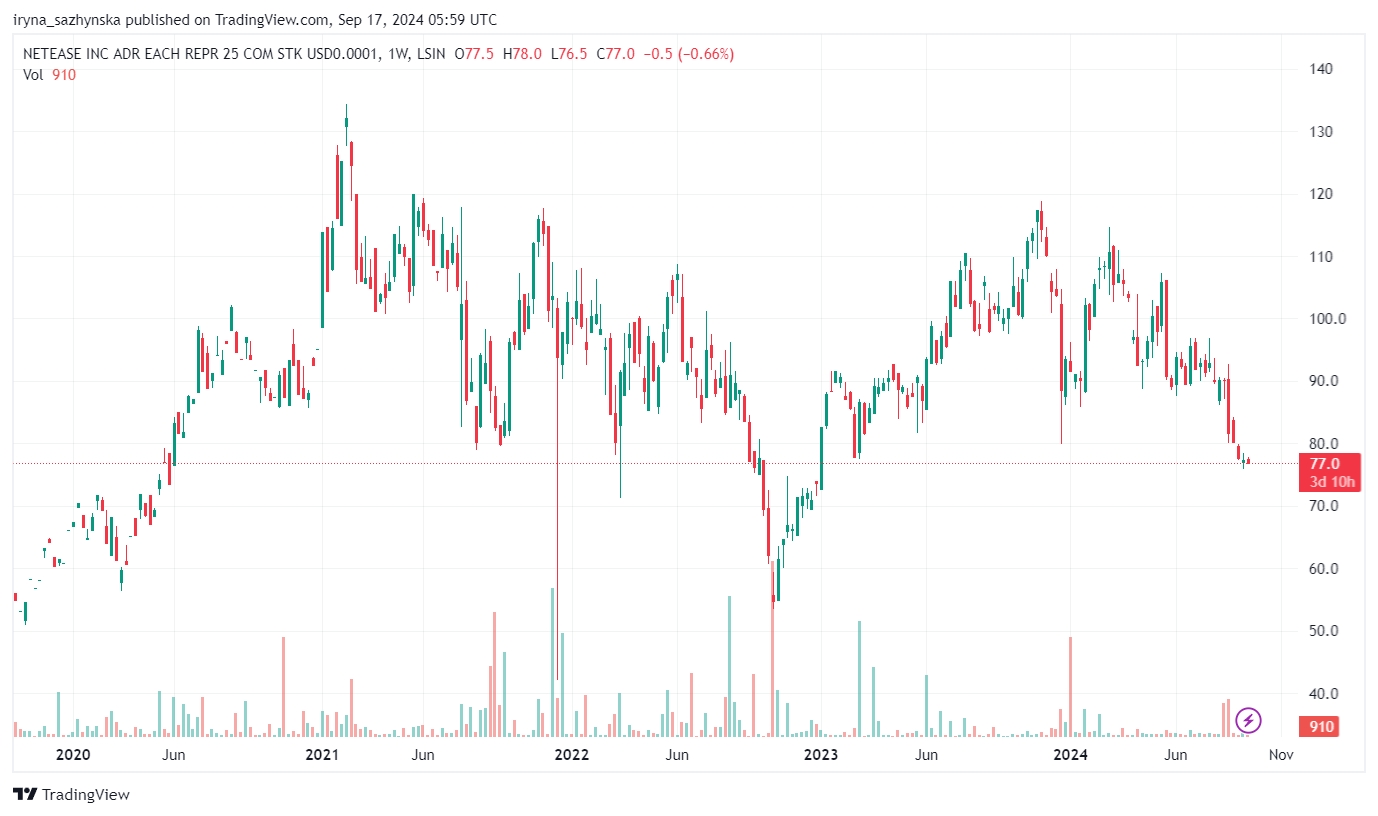
KE Holdings (NYSE: BEKE)
Country: China
Sector: Real Estate
Why it’s a good pick: Known for its strong presence in the Chinese real estate market, KE Holdings reported a 65.8% increase in Gross Transaction Value (GTV) for Q1 2024, primarily fueled by a significant rise in used home transactions. Their net income also surged by 61.6%, reflecting the company’s ability to capitalize on China’s dynamic real estate market.
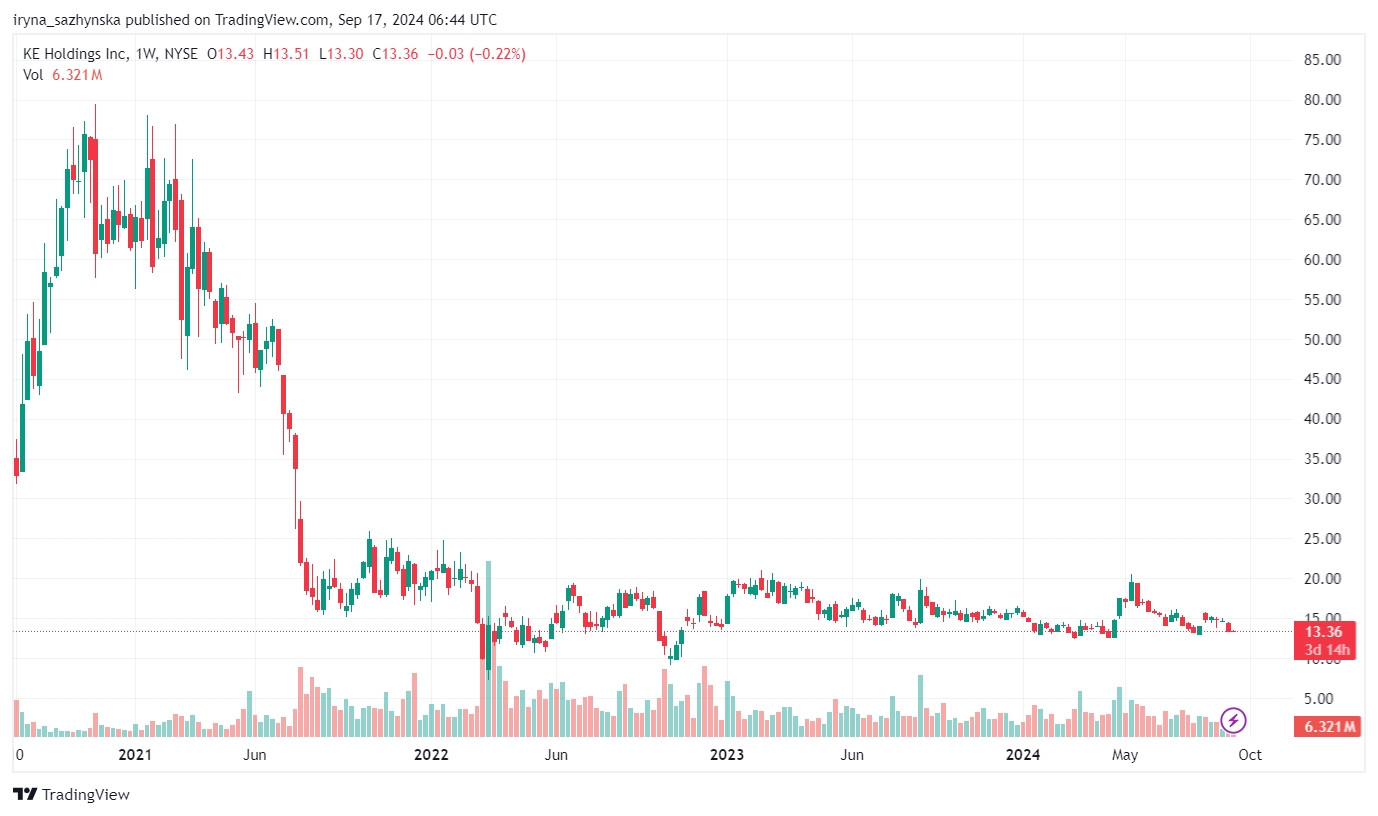
Shriram Finance
Country: India
Sector: Financial Services
Why it’s a good pick: Shriram Finance is a major non-banking financial company (NBFC) in India with a strong focus on small and medium enterprises. The company’s stock is currently priced attractively, and it has demonstrated consistent earnings growth with a solid EPS of 204.54. Its large market capitalization and strong fundamentals make it a compelling choice for investors looking to tap into India’s growing economy.
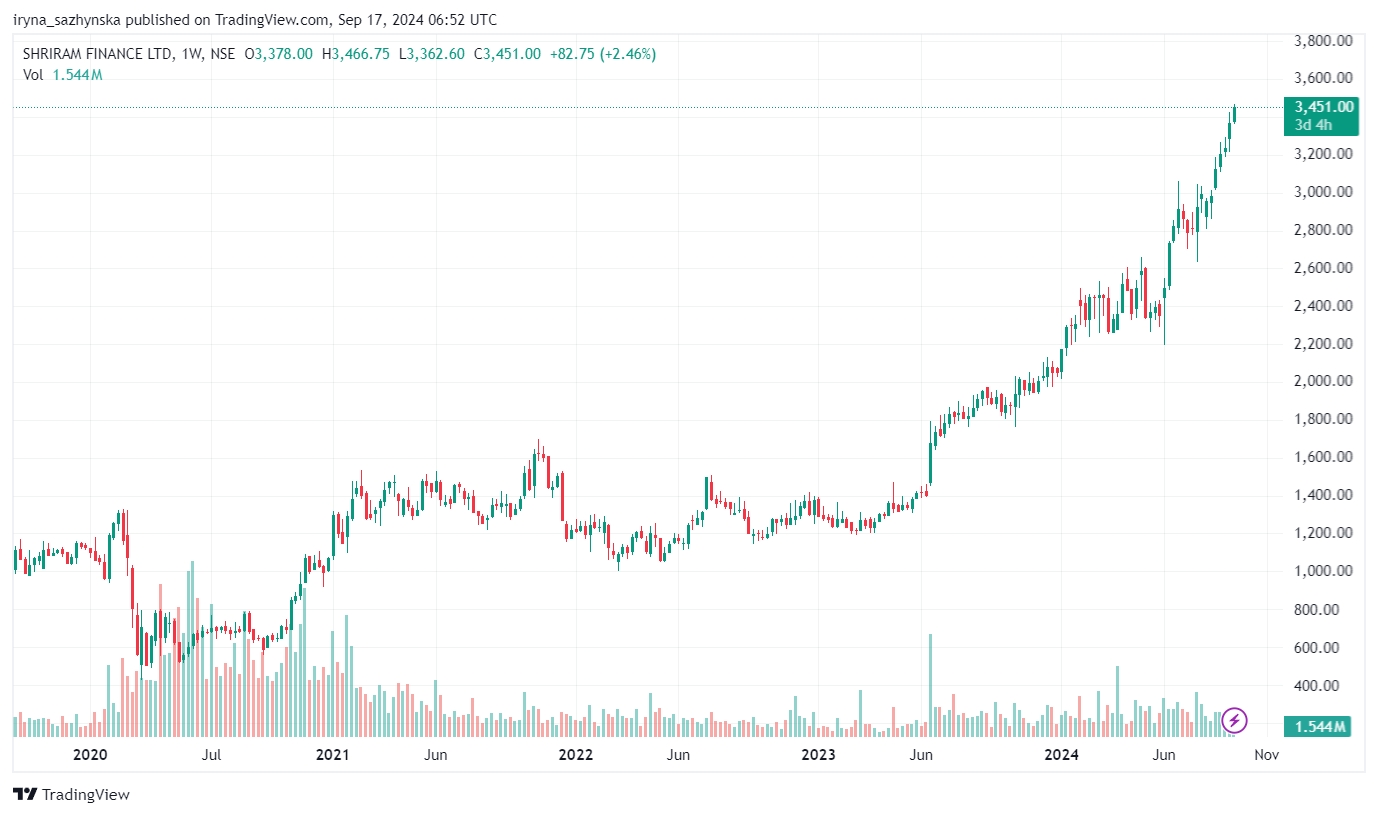
Monday.com Ltd. (NASDAQ: MNDY)
Country: Israel (often classified under emerging markets)
Sector: Software/Technology
Why it’s a good pick: Monday.com is a fast-growing SaaS company that has shown impressive revenue growth, with a 34.4% year-over-year increase in Q2 2024. The company has successfully transitioned from a loss to profitability, and its ongoing investment in R&D highlights its commitment to innovation. With a strong market position in project management software, it is well-positioned for continued growth.
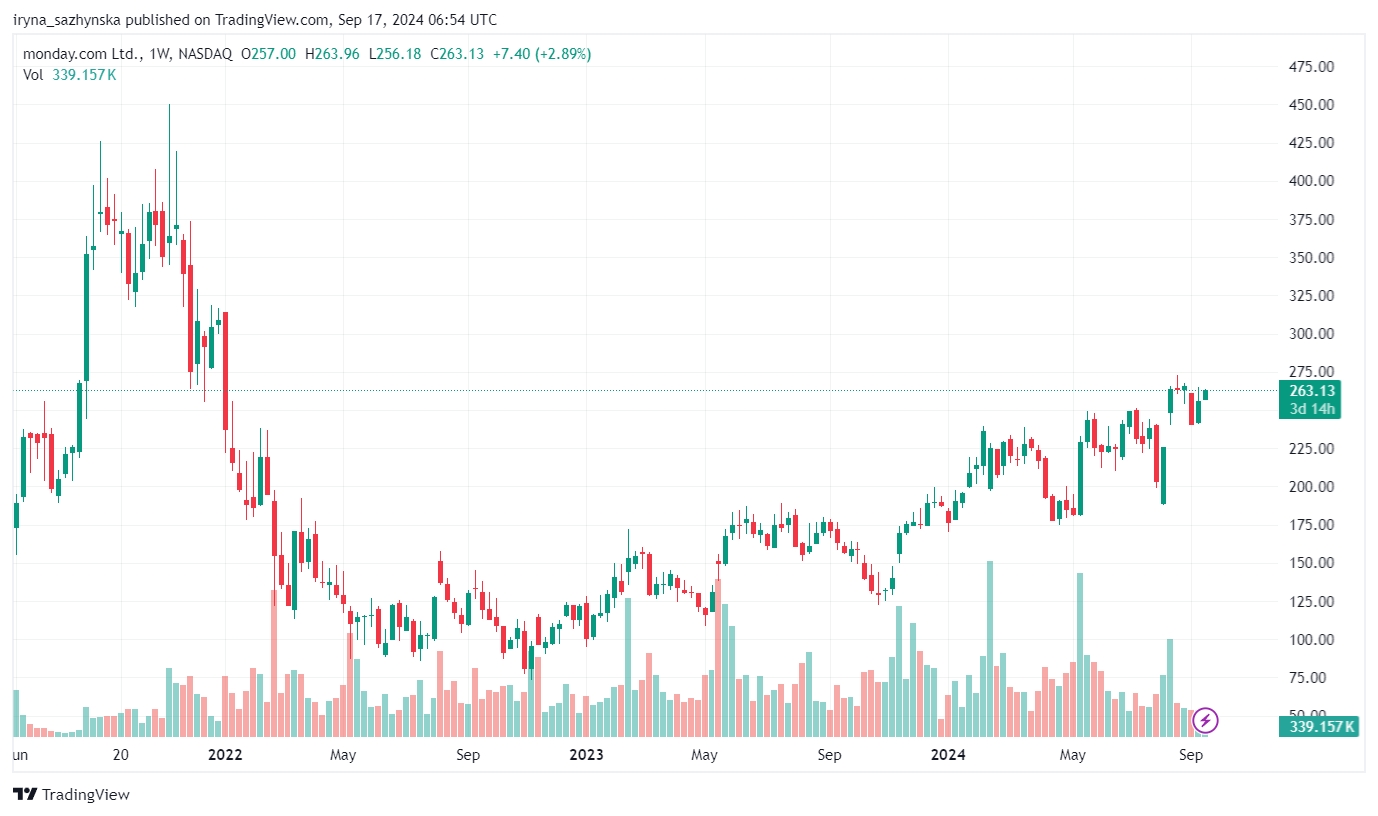
How to identify best emerging market stocks to buy
Identifying the best emerging market stocks to buy involves a strategic approach that includes analyzing both macroeconomic trends and individual company fundamentals. Here’s how you can go about it:
Understand the economic landscape. Start by researching the overall economic conditions in various emerging markets. Look for countries with strong GDP growth, political stability, and favorable regulatory environments. These factors create a conducive atmosphere for businesses to thrive.
Identify promising sectors. Certain sectors tend to perform better in emerging markets due to local demand and global trends. In 2025, technology, consumer goods, and renewable energy are likely to be promising sectors. Focus on industries that are poised for growth based on demographic trends, government policies, and technological advancements.
Analyze company fundamentals. Once you’ve identified promising sectors, drill down to individual companies. Look for strong financials, including revenue growth, profit margins, and manageable debt levels. Companies with a solid track record, competitive advantages, and a clear growth strategy are more likely to succeed in volatile emerging markets.
Consider valuation metrics. Valuation is critical in identifying the best stocks. Use metrics like Price-to-Earnings (P/E) ratio, Price-to-Book (P/B) ratio, and Enterprise Value-to-EBITDA (EV/EBITDA) to determine if a stock is undervalued relative to its peers. Emerging market stocks often trade at lower multiples, offering potential upside if the market re-rates them.
Assess management quality. The quality of a company’s management team can be a decisive factor in its success. Research the leadership’s track record, experience, and ability to sustain the challenges specific to emerging markets. A strong, visionary management team can be a significant asset in volatile environments.
A great benefit of investing in emerging market stocks is that they potentially offer you higher returns. But to preserve those returns, you must make sure that fees you pay to your broker aren’t a threat to your profits. To help you do the same, we have compared the top brokers that make investing cheaper for you through one way or the other in the table below:
| Broker | Demo account | Account minimum | Stocks/ETFs Fee per share basic | Interest rate | Signals (Alerts) | Research and data | Open an account |
|---|---|---|---|---|---|---|---|
YES | $0 | $0 | $0 | Yes | Yes | ||
YES | £500 | U.S. Stocks: start from $1. European Stocks: start from €3/ UK Stocks: start from £5. | 4.56% | Yes | Yes | ||
YES | $2000 | US Stocks: $0.01 per share; min fee of $2, max of 1% of the trade value. EU Stocks: 0.1% of trade value with a min fee of €4 and a max of €99. | 3.8% | Yes | Yes | ||
YES | $0 | After exceeding the free trades, the fee is 0.25% of the order amount, with a min fee of £1.00 (or equivalent in other currencies) | 0,15-1% | No | Yes | ||
YES | $0 | $0 | 4.83% | Yes | Yes |
Key tips for traders
Investing in emerging markets stocks, consider the following criteria:
Diversification. Start with ETFs or mutual funds to spread risk.
Volatility. Be aware of the higher volatility in emerging markets.
Long-term horizon. Invest with a long-term perspective to ride out market fluctuations.
Sector rotation. Adjust portfolios based on which sectors are performing well.
Currency hedging. Use strategies to protect against currency fluctuations.
Leverage. Consider using leverage carefully to enhance returns.
Focus on markets with significant growth potential
Investing in stocks from emerging markets can be thrilling, but it’s crucial to dig deeper than what most investors typically consider. Instead of sticking to broad market trends, why not explore sectors that are uniquely tied to the local economy and have the potential to make waves globally? Take Vietnam and Indonesia, for example — they’re not just about textiles or electronics anymore. These countries are quietly leading innovations in renewable energy, specifically tailored to tropical environments. Companies working on solar or tidal energy in these regions aren't just meeting local demands; they’re setting the stage for global influence. And the best part? Local governments are often pushing these industries with favorable policies, but most investors aren't paying attention to these details.
Another smart move is to think about how geopolitical changes are shaking up industries in these markets. With many Western countries looking to move away from reliance on China, manufacturers in Southeast Asia and India are stepping up as new supply chain leaders. Look for companies that are ahead of the curve — like those creating new logistics routes or localizing their supply chains to dodge geopolitical risks. By homing in on these specific opportunities, you’re positioning yourself for returns that can beat the market, all because you’ve taken the time to understand the bigger picture that many miss.
Summary
Emerging market stocks in 2025 present a compelling investment opportunity due to the dynamic economic changes occurring across various regions. As global investors seek growth beyond traditional markets, companies in sectors such as technology, consumer goods, and renewable energy stand out for their potential to deliver substantial returns. However, investing in these markets requires careful consideration of risks, including economic instability and currency fluctuations. Overall, the key to success in emerging market stocks this year lies in selecting well-positioned companies that can capitalize on the favorable trends shaping these economies.
FAQs
What sectors should I focus on when investing in emerging market stocks in 2025?
Focus on sectors like technology, consumer goods, and renewable energy, as these are poised for growth due to economic and technological advancements in emerging markets.
What are the risks associated with investing in emerging market stocks in 2025?
Risks include economic instability, political uncertainty, and currency fluctuations, which can impact the performance of stocks in these regions.
Why are emerging market stocks a good investment in 2025?
Emerging markets offer unique growth opportunities driven by economic transformation, demographic shifts, and technological innovation, which are less prevalent in developed markets.
How can I minimize risks when investing in emerging market stocks?
To minimize risks, diversify your investments across different regions and sectors, and consider using hedging strategies to protect against currency volatility.
Related Articles
Team that worked on the article
Parshwa is a content expert and finance professional possessing deep knowledge of stock and options trading, technical and fundamental analysis, and equity research. As a Chartered Accountant Finalist, Parshwa also has expertise in Forex, crypto trading, and personal taxation. His experience is showcased by a prolific body of over 100 articles on Forex, crypto, equity, and personal finance, alongside personalized advisory roles in tax consultation.
Chinmay Soni is a financial analyst with more than 5 years of experience in working with stocks, Forex, derivatives, and other assets. As a founder of a boutique research firm and an active researcher, he covers various industries and fields, providing insights backed by statistical data. He is also an educator in the field of finance and technology.
As an author for Traders Union, he contributes his deep analytical insights on various topics, taking into account various aspects.
Mirjan Hipolito is a journalist and news editor at Traders Union. She is an expert crypto writer with five years of experience in the financial markets. Her specialties are daily market news, price predictions, and Initial Coin Offerings (ICO).
Volatility refers to the degree of variation or fluctuation in the price or value of a financial asset, such as stocks, bonds, or cryptocurrencies, over a period of time. Higher volatility indicates that an asset's price is experiencing more significant and rapid price swings, while lower volatility suggests relatively stable and gradual price movements.
Diversification is an investment strategy that involves spreading investments across different asset classes, industries, and geographic regions to reduce overall risk.
Cryptocurrency is a type of digital or virtual currency that relies on cryptography for security. Unlike traditional currencies issued by governments (fiat currencies), cryptocurrencies operate on decentralized networks, typically based on blockchain technology.
An investor is an individual, who invests money in an asset with the expectation that its value would appreciate in the future. The asset can be anything, including a bond, debenture, mutual fund, equity, gold, silver, exchange-traded funds (ETFs), and real-estate property.
Forex leverage is a tool enabling traders to control larger positions with a relatively small amount of capital, amplifying potential profits and losses based on the chosen leverage ratio.






























































































































